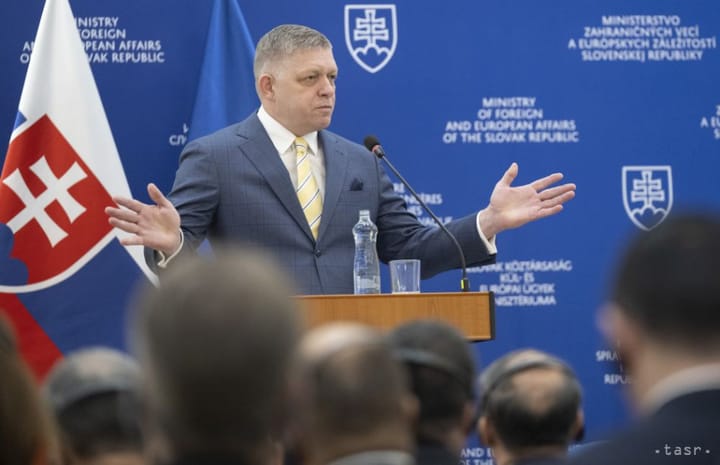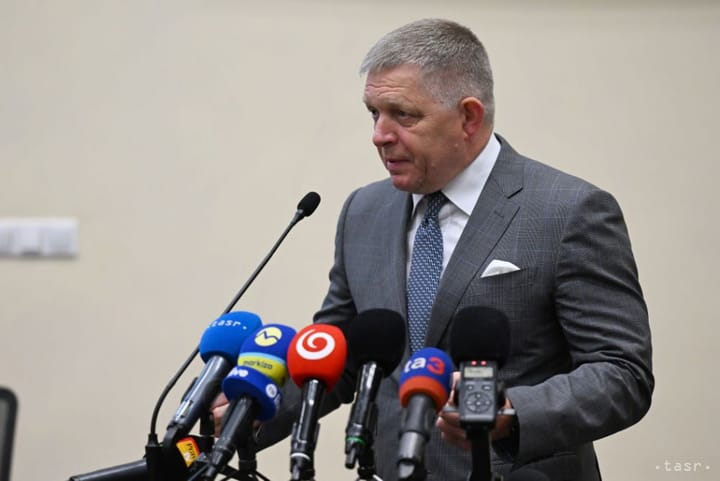CoFoE: Revision of EU Treaties Can Take Years, Expects Lysina

Bratislava, June 15 (TASR) – The Treaty on the European Union itself offers several options for revising the existing legal framework, which sets out the basic rules of the game, however, it all depends on what is to be revised, Peter Lysina, the head of the Department of International Law and International Relations, Faculty of Law, Comenius University in Bratislava, said on TASR TV, commenting on a possible revision of the basic EU treaties, a request that arose from the Conference on the Future of Europe (CoFoE).
“If we want to be satisfied with what the European Parliament (EP) is calling for, for example – that we only want to change qualified majority voting or replace the existing unanimity or veto with this vote – then we just need to do so by a simplified revision procedure,” explained Lysina.
However, the European law expert pointed out that the CoFoE made a whole range of requirements. In this context, he sees proper review as the “most rational and likely” way.
“In principle, we have three eligible entities that can submit a proposal or initiate a revision. It is either the European Parliament, or the governments of the individual EU member states, or it is the European Commission (EC). Today we already know that the initiative has been taken by the EP, which will adopt a resolution in the near future asking the Council to launch such a procedure,” said Lysina, adding that the Council of Europe works as a mediator in this case.
However, the European Council won’t evaluate these changes itself, but will consult them with the European Commission and the European Parliament. If a majority of the member states within the European Council are in favour of examining the proposal to amend the treaties, its chair will convene a so-called convention. It is composed of representatives of national parliaments, heads of states or governments, MEPs and representatives of the European Commission.
“The convention is a matter that lasts months to years. As we’ve seen in the past, two and a half or three years isn’t rare,” said Lysina, adding that there are fundamental demands on the table and that discussions could be long.



